Unit 1 ap euro practice test – Prepare to conquer Unit 1 of your AP Euro journey with our comprehensive practice test. Dive into the depths of European history, unravel the intricacies of key events, and emerge victorious on exam day.
Our practice test provides an immersive experience, mirroring the actual exam format and question types. Get ready to test your knowledge and refine your skills, ensuring a path to success in AP Euro.
Unit 1 AP Euro History Practice Test
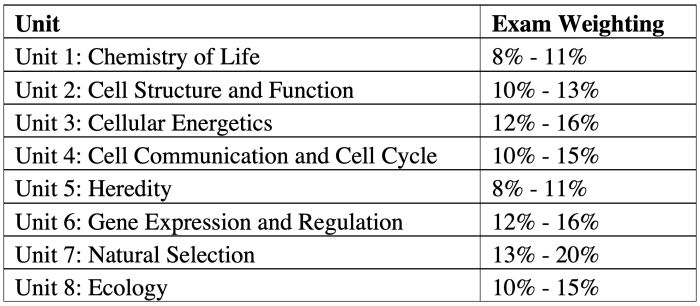
This practice test covers the first unit of AP Euro History, which spans from the High Renaissance to the Scientific Revolution. It includes key events, concepts, and themes that are essential for understanding the foundations of modern Europe.
Historical Periods
- High Renaissance (c. 1490-1520): A period of cultural and artistic flourishing in Italy.
- Reformation (c. 1517-1648): A religious movement that led to the establishment of Protestantism.
- Renaissance (c. 1300-1600): A period of cultural and intellectual renewal that originated in Italy.
- Scientific Revolution (c. 1543-1700): A period of rapid scientific discovery that transformed the understanding of the natural world.
Key Events
- Protestant Reformation: Martin Luther’s challenge to the Catholic Church and the subsequent establishment of Protestantism.
- Thirty Years’ War (1618-1648): A devastating conflict that ravaged Europe and ended with the Peace of Westphalia.
- Voyages of Christopher Columbus (1492-1503): Expeditions that led to the European discovery of the Americas.
- Scientific discoveries of Copernicus, Galileo, and Newton: Groundbreaking advancements that overturned traditional beliefs about the universe.
Major Themes
- Humanism: A philosophical movement that emphasized the importance of human reason and experience.
- Religious reform: The challenge to the authority of the Catholic Church and the rise of Protestantism.
- Exploration and colonialism: The expansion of European empires and the encounter with new cultures.
- Scientific revolution: The transformation of scientific understanding and the development of the scientific method.
Historical Context and Significance
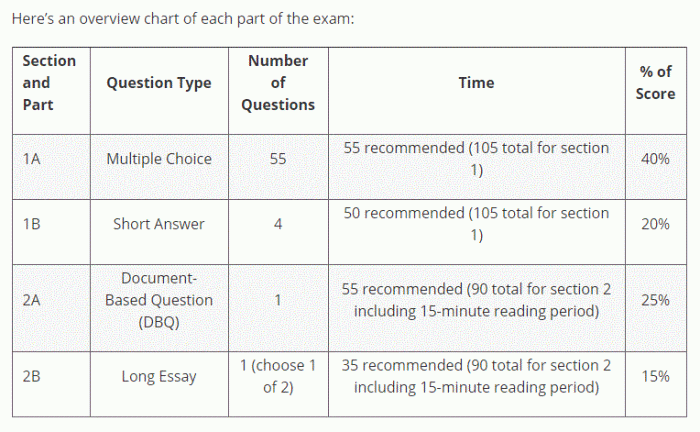
The time period covered by the practice test, from the Renaissance to the Enlightenment, witnessed a series of profound transformations that reshaped the political, social, and economic landscape of Europe.
The Renaissance, a period of cultural and intellectual revival, laid the foundation for the Scientific Revolution and the rise of humanism. It challenged traditional religious and political authority, fostering a spirit of inquiry and individualism.
Political Developments
- The rise of nation-states and the decline of feudalism
- The development of centralized monarchies and the consolidation of royal power
- The emergence of representative institutions, such as parliaments and assemblies
Social Developments
- The growth of urban centers and the rise of a merchant class
- The spread of literacy and education, particularly among the upper classes
- The emergence of new social classes, such as the bourgeoisie and the proletariat
Economic Developments
- The development of new trade routes and the expansion of commerce
- The rise of capitalism and the emergence of a market economy
- The enclosure movement and the displacement of rural populations
The Enlightenment, which followed the Renaissance, emphasized reason, science, and individual rights. It inspired revolutions that overthrew traditional monarchies and established democratic republics. The events and themes included in the practice test highlight the profound impact of these transformative periods on European history, shaping the political, social, and economic foundations of the modern world.
Test Format and Question Types
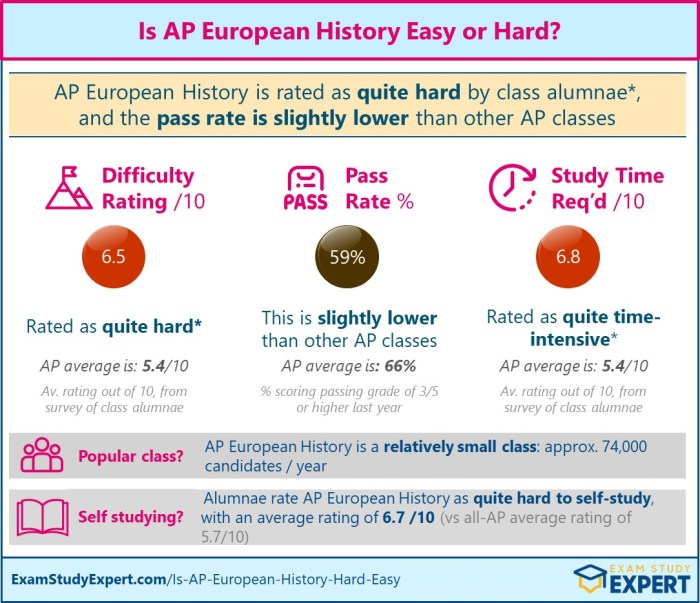
The Unit 1 AP Euro History Practice Test assesses students’ understanding of the historical context and significance of key events and developments in European history from 1450 to 1648.
The test consists of a total of 55 questions, which must be completed within 55 minutes. The questions are divided into three sections:
- Multiple Choice (35 questions):Each question presents four answer choices, and students must select the best answer.
- Short Answer (10 questions):Students must provide brief, concise answers to questions that require them to demonstrate their knowledge and understanding of specific historical events or concepts.
- Document-Based Question (10 questions):Students are provided with a historical document and must analyze it to answer questions about its content, context, and significance.
Multiple Choice Questions
Multiple choice questions assess students’ ability to:
- Identify key facts and concepts
- Understand the relationships between different historical events
- Apply historical knowledge to new situations
Short Answer Questions
Short answer questions assess students’ ability to:
- Recall and organize historical information
- Explain the significance of historical events
- Support their answers with evidence
Document-Based Questions
Document-based questions assess students’ ability to:
- Analyze primary and secondary source documents
- Identify the author’s purpose and perspective
- Evaluate the credibility and reliability of sources
- Use evidence from documents to support their answers
Question Analysis and Sample Responses
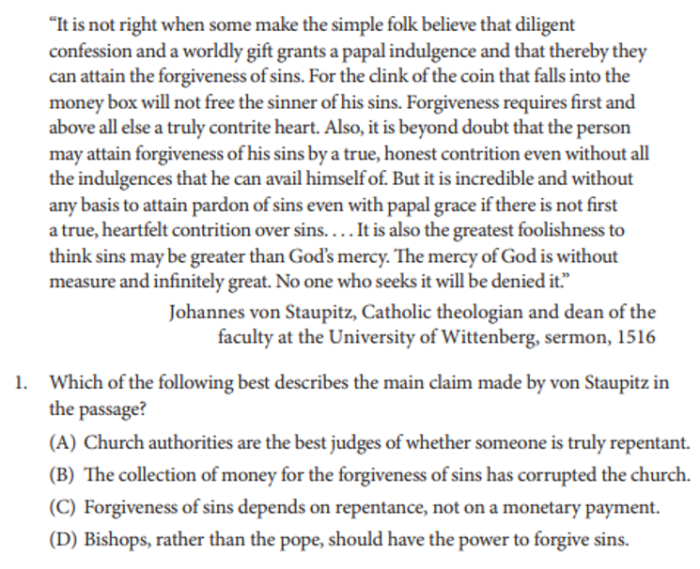
Analyzing practice test questions helps students identify common question types, understand the content being tested, and develop effective strategies for answering. Let’s examine some sample questions and explore correct answers and common misconceptions.
Sample Question 1, Unit 1 ap euro practice test
Which of the following was a major cause of the Protestant Reformation?
- The sale of indulgences
- The rise of humanism
- The invention of the printing press
- All of the above
Correct Answer:All of the above
Explanation:The sale of indulgences, the rise of humanism, and the invention of the printing press were all significant factors that contributed to the Protestant Reformation.
Common Misconception:Some students may incorrectly believe that only one of these factors was the sole cause of the Reformation.
Sample Question 2
What was the main goal of the French Revolution?
- To establish a constitutional monarchy
- To overthrow the monarchy and establish a republic
- To restore the power of the aristocracy
- To promote economic equality
Correct Answer:To overthrow the monarchy and establish a republic
Explanation:The French Revolution was a radical movement that sought to overthrow the monarchy and establish a republic based on the principles of liberty, equality, and fraternity.
Common Misconception:Some students may confuse the goals of the French Revolution with those of other revolutions, such as the American Revolution, which aimed to establish a constitutional monarchy.
Sample Question 3
Which of the following was a key characteristic of the Industrial Revolution?
To ace the Unit 1 AP Euro practice test, it’s crucial to have a solid grasp of the historical context. For a fun way to delve deeper into the era, check out the Yo Sabo Tu Sabes card game , which transports you back to the 16th century.
Once you’ve explored the intricacies of the game, you’ll return to the practice test with a refreshed perspective and a better understanding of the complexities of European history.
- The use of machines and factories
- The development of new sources of energy
- The rise of urban centers
- All of the above
Correct Answer:All of the above
Explanation:The use of machines and factories, the development of new sources of energy, and the rise of urban centers were all defining characteristics of the Industrial Revolution.
Common Misconception:Some students may incorrectly believe that the Industrial Revolution was solely about the use of machines and factories.
Test-Taking Strategies and Time Management
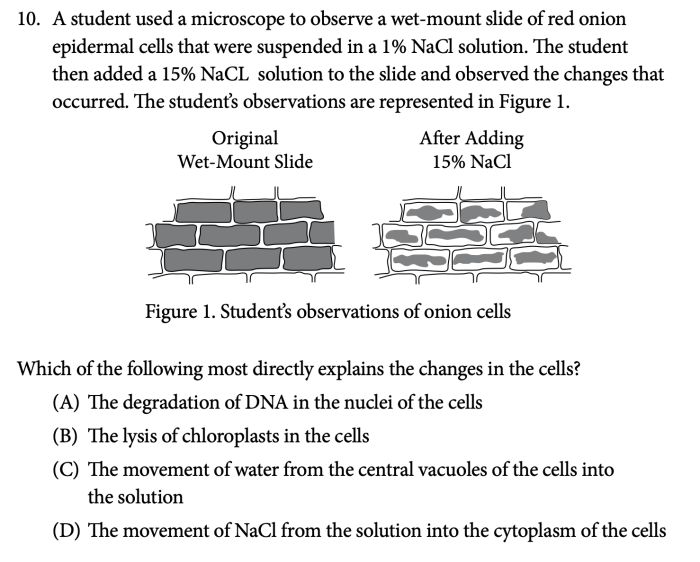
Optimizing your performance on the AP Euro History exam requires effective test-taking strategies and time management techniques. By employing these strategies, you can maximize your score and minimize stress during the exam.
Time management is crucial. Allocate time wisely by reviewing the entire exam first to assess the difficulty of the questions. Prioritize questions you are confident in and allocate more time to challenging ones.
Question Selection
Begin with the multiple-choice questions, which are generally easier to answer. This will boost your confidence and provide a foundation for tackling the more challenging free-response questions.
Pacing
Pace yourself throughout the exam. Avoid spending too much time on any one question. If you encounter a difficult question, move on and return to it later if time permits.
Challenging Questions
When faced with challenging questions, break them down into smaller parts. Focus on the key concepts and try to eliminate incorrect answer choices.
Common Pitfalls
Avoid common pitfalls such as rushing through questions, misreading instructions, and neglecting to support your answers with specific evidence.
Study Tips and Resource Recommendations
Effective preparation for the Unit 1 AP Euro History Practice Test requires a strategic approach to studying and utilizing valuable resources.
To prioritize studying, focus on understanding the key concepts and events covered in the practice test. These include the Renaissance, Reformation, Scientific Revolution, and Age of Exploration.
Textbooks
- The College Board’s AP European History: Modern Textbook is a comprehensive resource that covers all the content tested on the exam.
- Other recommended textbooks include “Europe in the Middle Ages” by David Nicholas and “The Penguin History of Europe” by J.H. Plumb.
Online Materials
- Khan Academy offers free video lessons and practice questions that align with the AP Euro curriculum.
- The College Board website provides official practice questions and sample essays.
- Online forums and discussion groups can connect you with other students and teachers for support and guidance.
Practice Questions
Regularly practicing with sample questions is crucial for success on the exam.
- Take timed practice tests to simulate the actual testing environment and improve your time management skills.
- Analyze your practice test results to identify areas where you need further improvement.
- Focus on understanding the historical context and significance of events, as well as developing your analytical and writing skills.
Key Questions Answered: Unit 1 Ap Euro Practice Test
What historical periods are covered in the practice test?
The practice test encompasses the Renaissance and Reformation, the Age of Exploration, and the Scientific Revolution.
What types of questions can I expect on the practice test?
The practice test includes multiple choice, short answer, and essay questions, mirroring the actual AP Euro exam format.
How can I use the practice test to improve my score?
Analyze your results, identify areas for improvement, and focus your studies accordingly. The practice test serves as a valuable diagnostic tool.